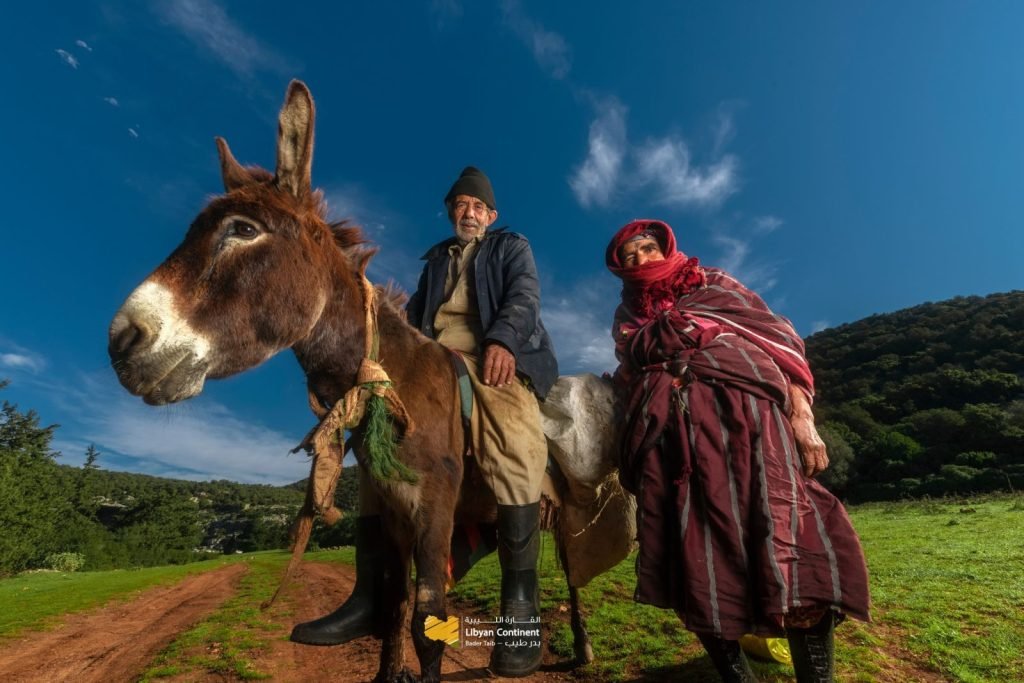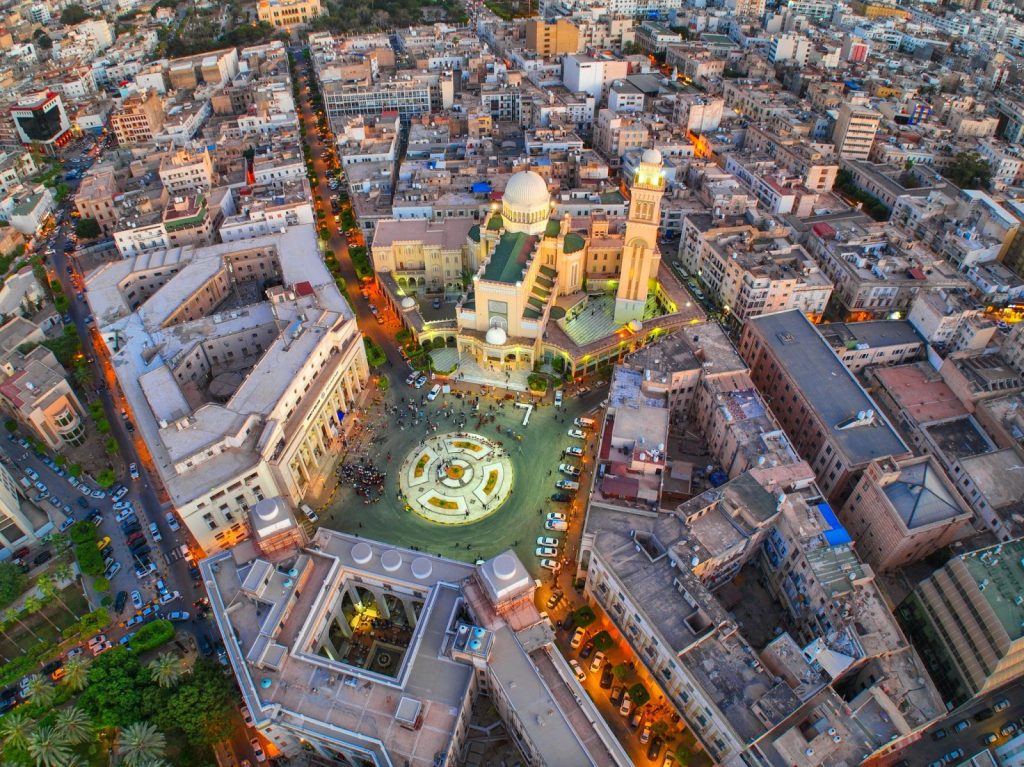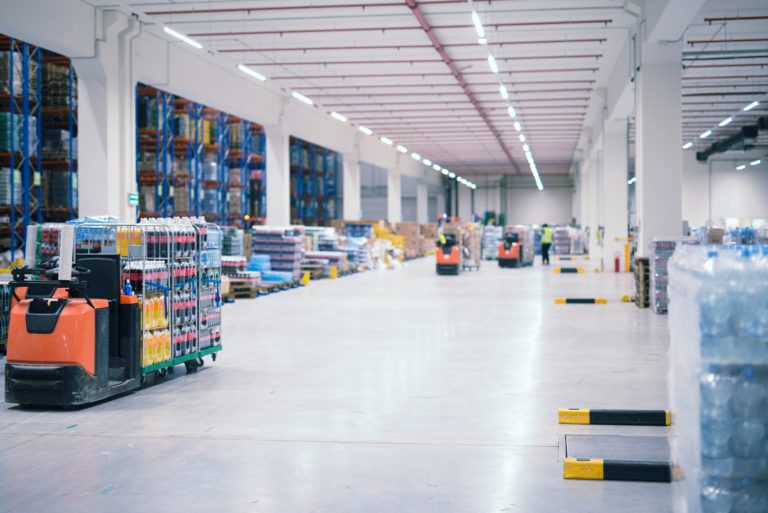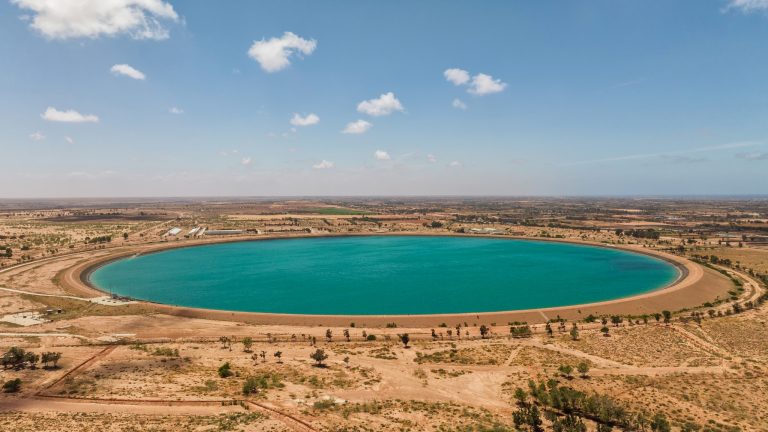At Qabas, we recognise the critical role that precise translation plays in connecting Libya to the global community. As the leading translation service provider based in Libya, we specialise in delivering high-quality translations across various languages and sectors, ensuring your message is clear and culturally resonant.
Our dedication to excellence drives us to set industry benchmarks, continually adopting innovative solutions to meet our clients’ evolving needs. Whether you’re handling legal documents, technical manuals, or business communications, our expert team provides strategic translation services that facilitate effective and seamless interactions.
Choose Qabas for your translation needs and partner with a trusted Libya-based provider committed to quality and reliability in every project.
Table of Contents

Overview Of Translation In Libya
Translation plays a vital role in bridging linguistic and cultural gaps within Libya. Our expertise ensures effective communication across diverse communities and industries.
Historical Context
Libya’s translation landscape is deeply influenced by its historical interactions. During the Italian colonization in the early 20th century, numerous Italian loanwords were integrated into Libyan Arabic, enriching the local dialect. This historical blend of languages underscores the necessity for accurate translation services to maintain linguistic integrity while accommodating foreign influences. At Qabas, we leverage this rich linguistic heritage to provide nuanced translations that respect and reflect Libya’s diverse cultural tapestry.
Current Market Landscape
Today, Libya’s translation market thrives on its linguistic diversity, with Arabic and Tamazight serving as the official languages. Libyan Arabic, a predominant dialect, incorporates elements from Italian and Berber, necessitating specialized translation services. Our offerings include translation, sworn translation, transcription, subtitling, proofreading, and voice-over services, catering to sectors such as oil and gas, international trade, and business communications. As a Libya-based service provider, Qabas upholds ethical standards and ensures the highest quality translations, supporting seamless communication in both local and global contexts.
Key Languages And Dialects
Understanding the linguistic landscape of Libya is essential for accurate and effective translation services. We specialise in navigating the country’s diverse languages and dialects to deliver precise translations tailored to our clients’ needs.
Major Languages For Translation
Modern Standard Arabic (MSA) serves as Libya’s official language, utilised in official documents and formal settings. Libyan Arabic is the predominant spoken dialect, divided into two primary variants: the north-east dialect of Cyrenaica and the north-west dialect of Tripolitania. The southern region, Fezzan, adopts a variant of the Tripolitanian dialect. Additionally, Berber languages such as Tamasheq, Ghadamès, Nafusi, and Awjilah are spoken by Berber communities, particularly in Tripolitania. Domari, an Indo-Aryan language, is used by the Dom people and is primarily spoken by the elderly, marking it as an endangered language.
Regional Dialects And Their Implications
Libya’s regional dialects reflect its historical and cultural diversity, impacting translation accuracy and cultural relevance. The Cyrenaica dialect, spoken in the north-east, differs significantly from the Tripolitania dialect in the north-west, while the Fezzan region’s dialect shares features with Tripolitanian. These variations necessitate specialised expertise to ensure translations are contextually and regionally appropriate. Our team is proficient in these distinct dialects, enabling us to provide translations that respect local nuances and maintain the integrity of the original content. By addressing these regional differences, we ensure that our translations facilitate clear and effective communication across Libya’s diverse communities.

Challenges In The Libyan Translation Industry
The Libyan translation industry navigates several obstacles that impact its growth and efficiency. Understanding these challenges is crucial for improving translation services in the region.
Political And Economic Factors
Libya’s translation sector faces significant hurdles due to the nation’s political instability and economic dependency on oil. Since the 2011 revolution, ongoing political unrest has disrupted various industries, including translation. The government’s primary focus on unifying diverse interest groups and drafting a new constitution has limited attention and resources for economic policies that support the translation industry.
Economically, Libya relies heavily on oil production managed by the National Oil Corporation (NOC). This dependency restricts investment in other sectors, such as translation, resulting in limited funding and development opportunities. Consequently, translation services often lack the necessary infrastructure and financial support to expand and innovate.
Technological Limitations
Technological advancements are essential for modern translation services, yet the Libyan translation industry contends with several technological constraints. Limited access to state-of-the-art translation software and tools hampers the ability to deliver high-quality, efficient translations. Additionally, inconsistent internet connectivity and unreliable technological infrastructure pose challenges for remote collaboration and project management.
At Qabas, we overcome these technological barriers by investing in the latest translation technologies and maintaining robust IT infrastructure. Our commitment to leveraging advanced tools ensures accurate and timely translations, even in a challenging environment. By prioritizing technology, we enhance our service delivery and uphold our reputation as a trusted, Libya-based translation provider.

Technological Solutions And Innovations
We leverage advanced technological solutions to enhance our translation services, ensuring accuracy and efficiency in every project.
Translation Software And Tools
Our Translation Management Systems (TMS) streamline project workflows by integrating glossaries, translation software, and translation memories. These systems handle both large and small projects effectively, ensuring consistency and quality. Additionally, our Computer-Assisted Translation (CAT) tools provide essential features such as translation memory, termbase management, and quality assurance modules. These tools aid our translators in maintaining high standards across bilingual texts, facilitating seamless and accurate translations.
The Role Of Machine Translation
Machine translation plays a pivotal role in our workflow, offering rapid translation capabilities that complement human expertise. By utilizing machine translation, we can quickly process large volumes of text, which our skilled translators then refine to ensure linguistic and contextual accuracy. This hybrid approach enhances our productivity while maintaining the integrity and quality of our translations. We continuously integrate the latest advancements in machine translation technology to support our commitment to delivering reliable and efficient services to our clients.
Impact On Business And Culture
Translation significantly impacts both the business landscape and cultural preservation in Libya. Our expertise ensures effective communication and the safeguarding of Libya’s rich heritage.
Facilitating International Trade
Accurate translation is essential for seamless international trade. We manage critical documents such as licenses, certificates, specifications, and quality assessment reports. Our team ensures that non-Arabic materials are precisely translated into Arabic, complying with import and export regulations. By providing reliable translations, we support businesses in navigating global markets and fostering international partnerships. Our services include sworn translation, transcription, and proofreading, all tailored to meet the specific needs of sectors like oil and gas and international trade.
Preserving Cultural Heritage
Translation plays a crucial role in preserving Libya’s cultural heritage. We specialise in translating historical texts, literature, and regional dialects, including Arabic and Tamazight. Our efforts ensure that traditional knowledge and cultural narratives remain accessible and intact for future generations. By maintaining linguistic accuracy, we help sustain Libya’s diverse cultural identity. Our services extend to subtitling and voice-over, which facilitate the dissemination of cultural content across various media platforms.
Future Prospects
The translation industry in Libya is poised for significant growth, supported by evolving economic and technological landscapes.
Emerging Trends
Technological advancements are reshaping Libya’s translation services. We implement Translation Management Systems (TMS) and Computer-Assisted Translation (CAT) tools, enhancing both efficiency and consistency in our projects. Machine translation aids in handling large text volumes, which our expert translators then refine to ensure precision and contextual relevance. Additionally, there is a growing demand for localisation services as businesses expand internationally, requiring culturally nuanced translations. The establishment of translator-training centres and professional societies contributes to the sector’s advancement, fostering higher standards and specialised expertise.
Opportunities For Growth
The post-sanctions economic environment has increased demand for specialised translation services in sectors like oil and gas, international trade, and technology. As Libya continues to stabilise, we identify opportunities to expand our language offerings, including less commonly translated languages to cater to diverse client needs. Investing in ongoing professional development ensures our team stays adept with the latest industry standards and technologies. Furthermore, enhancing our digital infrastructure can improve service delivery and accessibility, reinforcing our position as a trusted, Libya-based translation provider committed to ethical practices and exceptional quality.

Conclusion
Effective translation bridges Libya’s diverse linguistic landscape and connects us to the global community. We at Qabas are dedicated to delivering top-notch services that support both businesses and cultural preservation. By embracing innovative technologies and upholding high standards, we ensure clear and accurate communication for our clients. As Libya continues to evolve, our commitment to excellence positions us to facilitate seamless interactions and foster growth through expert translation solutions.
Frequently Asked Questions
What types of translation services does Qabas offer?
Qabas offers a comprehensive range of services including sworn translation, transcription, subtitling, proofreading, and voice-over. These services cater to various sectors like oil and gas, international trade, and business communications, ensuring that all client needs are met with precision and professionalism.
How does Qabas handle Libya’s linguistic diversity?
Qabas employs translators who are proficient in Libya’s official languages, Arabic and Tamazight, as well as regional dialects like Cyrenaica and Tripolitania. By understanding the unique linguistic landscape, Qabas ensures culturally relevant and accurate translations that bridge linguistic and cultural gaps within Libya’s diverse communities.
What technologies does Qabas use to enhance translation quality?
Qabas leverages advanced Translation Management Systems (TMS) and Computer-Assisted Translation (CAT) tools to streamline workflows and maintain consistency across projects. Additionally, machine translation is used for rapid processing of large texts, which skilled translators then refine to ensure linguistic and contextual accuracy.
What role does Qabas play in cultural preservation?
Qabas contributes to preserving Libya’s cultural heritage by specialising in translating historical texts, literature, and regional dialects. This ensures that traditional knowledge and cultural narratives remain accessible for future generations. Additionally, Qabas offers subtitling and voice-over services to disseminate cultural content across various media platforms.
How does Qabas address challenges in the Libyan translation industry?
Qabas overcomes challenges such as political instability and economic dependency on oil by investing in advanced translation technologies and maintaining a robust IT infrastructure. This commitment ensures the delivery of accurate and timely translations despite limited infrastructure and economic constraints.
How does Qabas ensure the quality of its translations?
Qabas ensures high-quality translations by using a hybrid approach that combines machine translation with skilled human translators. The use of Translation Management Systems and Computer-Assisted Translation tools helps maintain consistency and accuracy. Additionally, thorough proofreading and quality checks are conducted to uphold the integrity and reliability of all translated materials.




